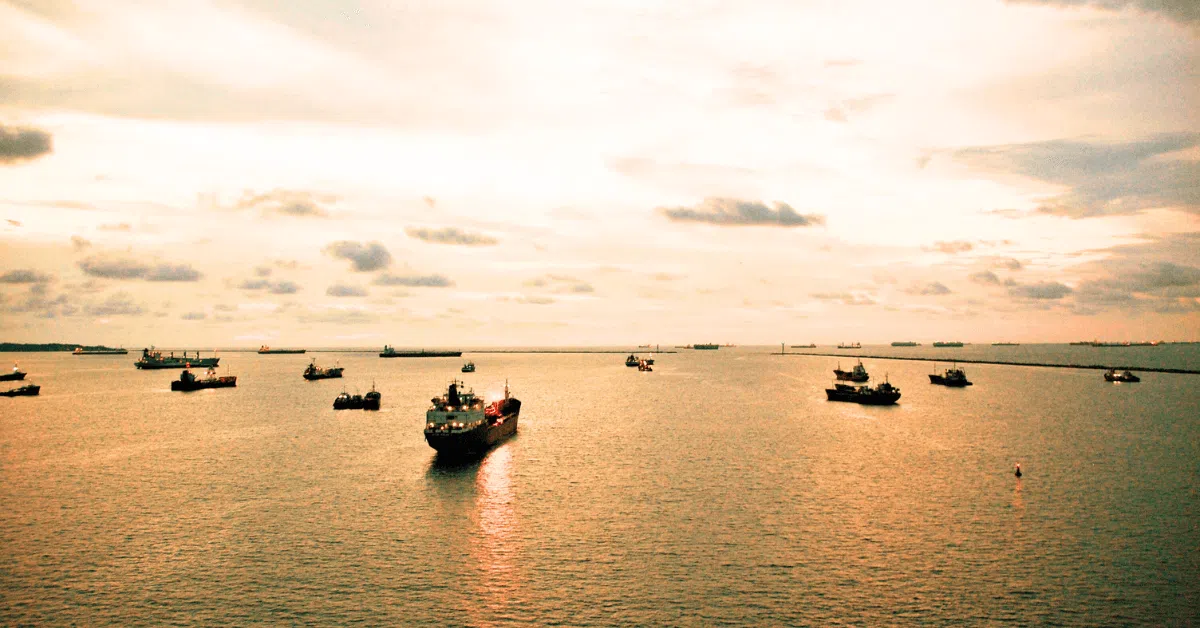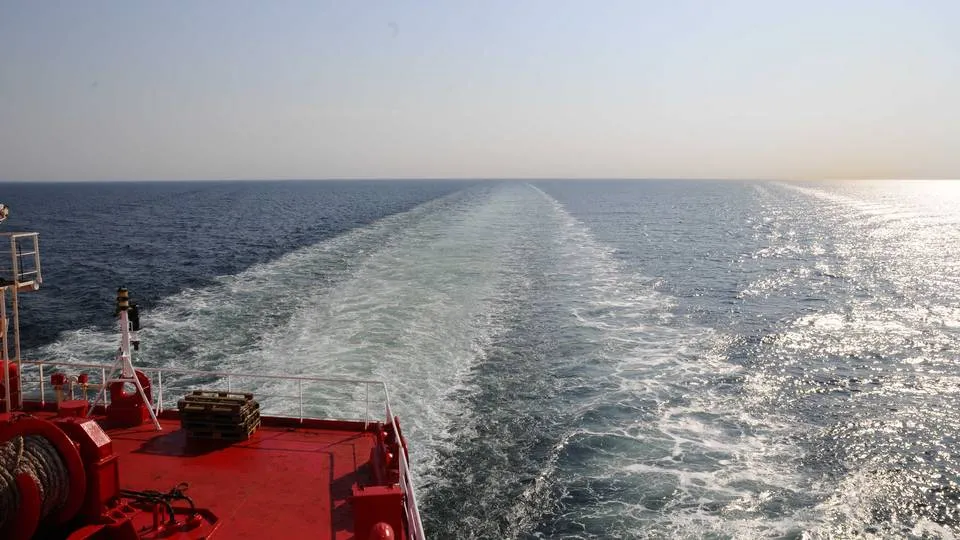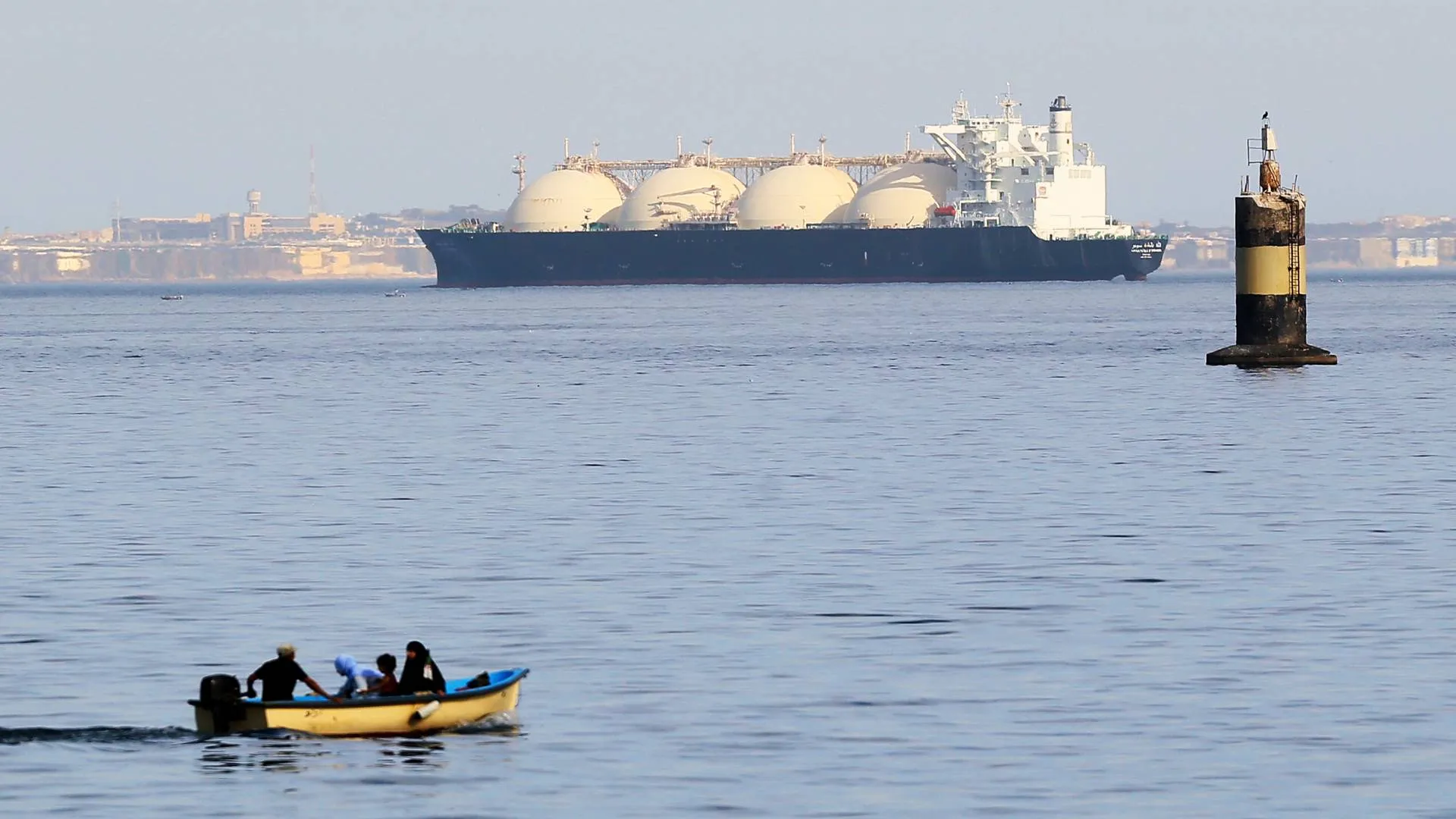Sub-Saharan Africa’s economy is maintaining momentum despite heightened global policy uncertainty, according to the World Bank’s October 2025 edition of Africa’s Pulse.
Following a slowdown in 2023, regional activity is expected to expand by 3.8% in 2025, up from 3.5% in 2024, with growth projected to accelerate further to an average of 4.4% in 2026-27.
Consumer price inflation has continued to ease across most countries in the region, though at different rates.
After peaking at 9.3% in 2022, the median inflation rate fell to 4.5% in 2024 and is expected to stabilise between 3.9% and 4.0% annually over 2025-26.
While economic growth provides opportunities, the report highlights persistent challenges in the labour market.
Most new entrants secure employment in low-productivity and informal sectors, which offer limited prospects for rapid income growth, poverty reduction and social mobility. Only 24% of jobs are wage-paying, with the figure falling even lower outside Southern Africa.
The World Bank emphasises that the region needs a new growth model focused on medium-sized and large enterprises, which are critical for driving productivity and creating quality jobs. Without structural reforms, the benefits of growth risk remaining concentrated and unevenly distributed.
The report underlines a cautiously optimistic outlook, signalling that steady growth and declining inflation are achievable, but meaningful improvements in employment and living standards will require decisive policy action.
View the discussion thread.
“The commitment to care from our industry is simply outstanding.” – Hayley van Rooyen.
The operations centre has urged vessels to exercise heightened caution while small boats face port restrictions.
Employers face challenges attracting and retaining skilled warehousing staff.
Renewable energy advances present an opportunity to reindustrialise and grow jobs.
Lesotho and Zimbabwe permit holders have been granted a reprieve until May 28, 2027.
Seven foreign truck drivers have been detained and 14 trucks have been impounded.
The agreement includes a revamp and upgrades of infrastructure to ensure security of supply.
A trading-credit scheme could unintentionally favour LNG over truly low-carbon alternatives.
Nacala and Beira, especially, have impressed by expanding their reach to new markets.
Warehouse operators are tightening risk management as power cuts, theft, compliance demands and climate threats intensify.
The DTIC announcement represents the first formal opportunity for stakeholders to comment.
The development has been welcomed as “a first step towards a fairer playing field” for local retailers.




